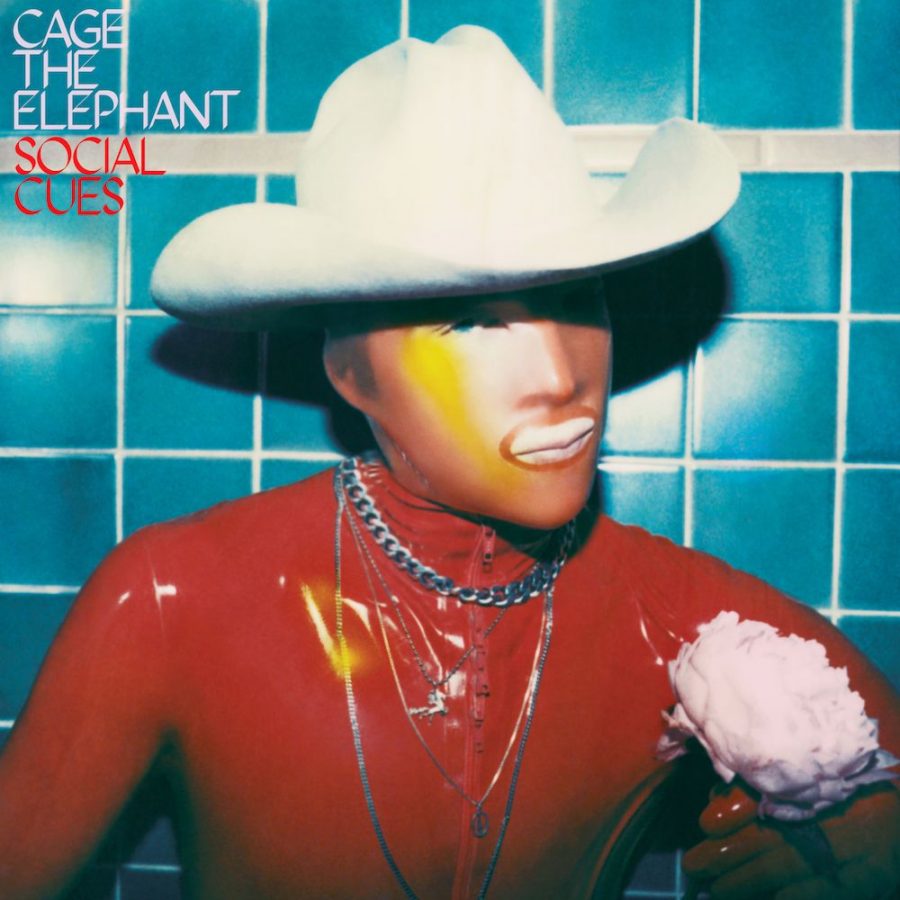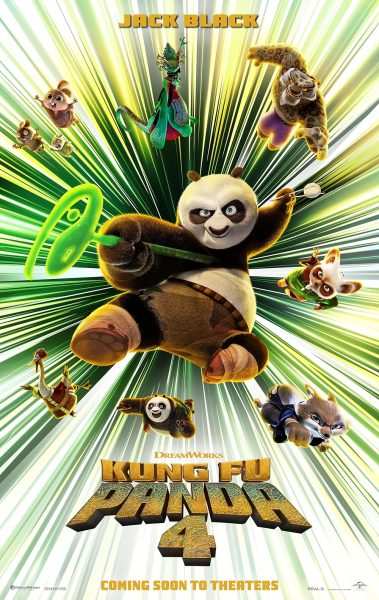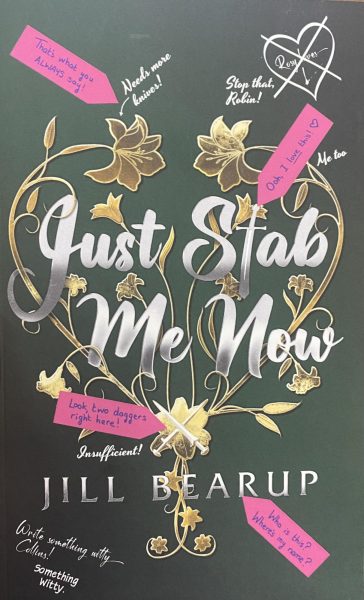‘Social Cues’ lacks creativity
May 17, 2019
Cage the Elephant’s fifth studio album, “Social Cues,” is a far cry from their 2009 debut record, which featured a mix of country and garage rock. The sound of “Social Cues” is more closely related to the 2013 indie rock album “Melophobia,” with its psychedelic effects and reggae undertones, but “Social Cues” fails to stand out in the indie rock genre.
There are few songs without effects and synthesizers, which would not be a problem if they were not the same effects. By the end of the album, all the tracks mesh together and sound like one long, tedious, melodramatic song. There are funk rhythms mixed with reggae beats, but the overused effects on vocals and the instruments leave the listener wanting more.
Matt Shultz, singer and songwriter, was struggling in his life while working on “Social Cues.” Shultz not only went through a divorce with his ex-wife, but also lost two friends to suicide.
“I think there’s the temptation, when you’re going through a tough time, to get stuck in the melodrama of things and be like, ‘Oh, I’m going to write a sad song and it’s just going to explain exactly where I’m at,’” Shultz said in an interview with Beats 1.
Despite the “temptations,” Shultz successfully avoids writing just another sad song with tracks like “Love’s the Only Way” and “The War is Over.”
“Love’s the Only Way” is a song of sorrow that sends an optimistic message about love: “I can’t help but stop and think, there’s gotta be a place, love’s the only way.” Shultz battles against sadness with the hope that love is strong enough to carry out of any darkness.
“The War is Over” conveys lyrics that showcase the power of love in the face of darkness, “You can build your walls, love will tear it down, you can hide your heart inside a man-made house, you can build your walls, build ‘em to the sky, one day you will find love was on both sides, the war is over.” These lyrics share a similar theme to “Love’s the Only Way,” but they fail to be creative or interesting.
Most of Shultz’s material has a somber tone without feeling depressing, which fulfills Shultz’s vision, but the album is void of any powerful emotion. Shultz is monotone throughout the album with only small shifts in his voice. Even in tracks like “Love’s the Only Way” and “Goodbye,” that have a focus on stringed instruments and orchestral rhythms, they fail to invoke a true feeling of sadness. Although the addition of violins and acoustic guitars are refreshing, they are not fully utilized without a powerful voice.
Sadly, most of “Social Cues” is forgettable and redundant. When the theme of the song is not about love, the meaning (if any) is hidden and lost behind repetitive lyrics and sounds. I give “Social Cues” two and a half stars out of five.











